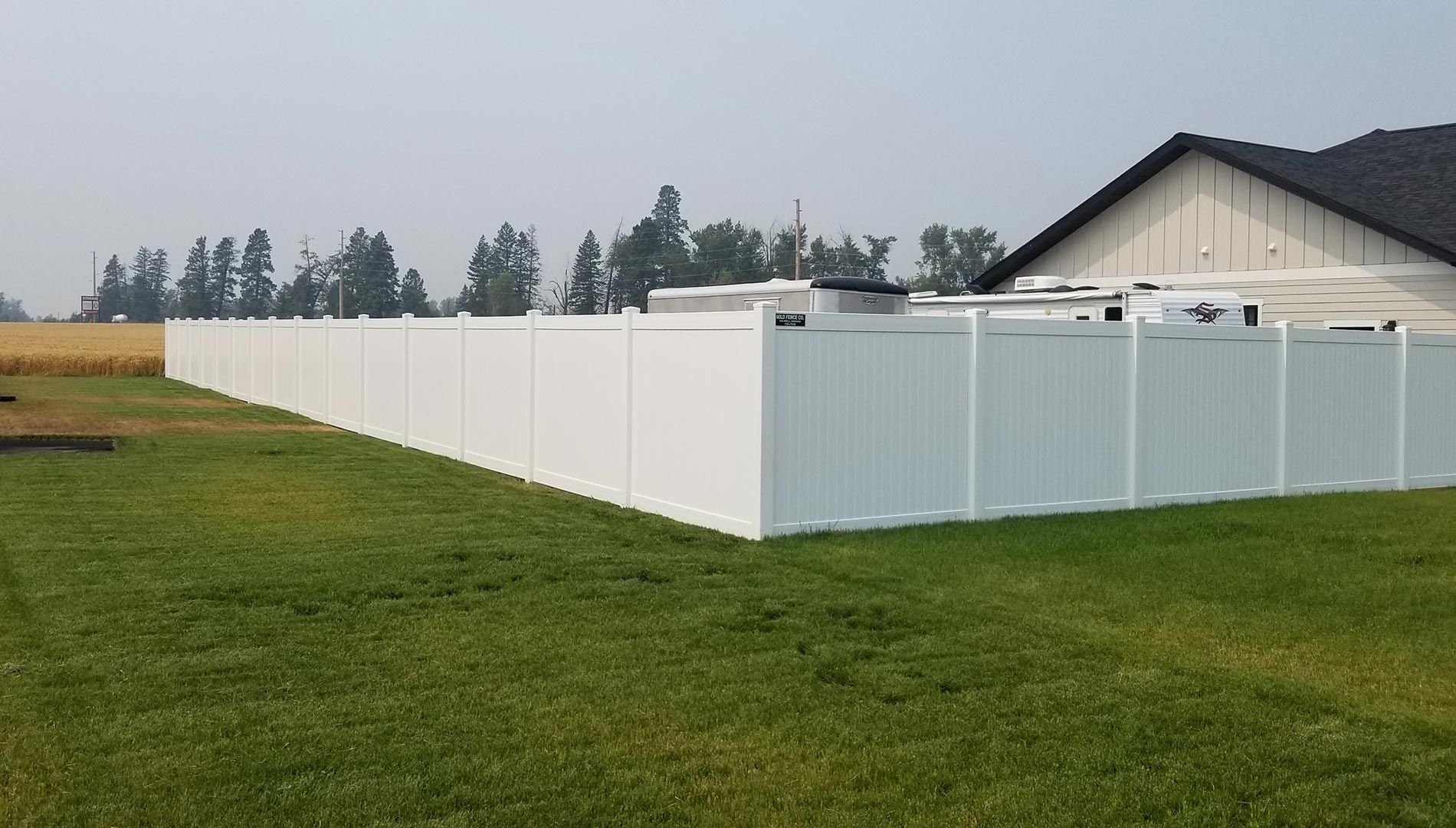You don’t need a professional to keep your fence in great shape. With the right equipment and some basic knowledge, you can easily handle common fence problems on your own. Here’s how to do basic fence maintenance yourself.
Essential Tools for DIY Fence Maintenance
To get started with fence repairs, gather the necessary tools. Below is a list of must-haves for most basic fence maintenance tasks:
- Hammer – For repairing loose nails or fixing broken boards
- Screwdriver – Ideal for tightening screws on wooden or metal fences
- Post Level – Use a post level to guarantee your fence posts are perfectly aligned.
- Paint or Stain – Using paint or stain protects wood from the elements and prolongs its lifespan.
- Wire Cutters – Handy for trimming wire fences or cutting back overgrown plants
Step-by-Step Fence Repair Guide
How to Fix a Loose Fence Board
Fixing a loose or damaged fence board is easy and quick. Here's how you can do it:
- Use a hammer or screwdriver to remove any loose nails or screws.
- Align the board with the fence and secure it with new screws or nails.
- For added stability, add a corner bracket or reinforcement if necessary.
The Right Way to Stain and Seal Your Wooden Fence
To protect your wooden fence and maintain its appearance, staining or sealing is essential:
- Clean the fence thoroughly, removing dirt, debris, and any mildew.
- Select an appropriate stain or sealant that is intended for exterior applications.
- Use a brush or sprayer to apply the stain, starting from the top and working your way down.
- Let the stain dry fully before using the fence again.
How to Know When to Call in a Pro
Some fence issues go beyond DIY repairs. While simple tasks like tightening screws or replacing damaged boards are easy, complex problems might need expert attention:
- Extensive structural damage, such as leaning posts or a sagging fence.
- Electric fences or high-security fences that need specialized skills.
- Major weather damage that could compromise the integrity of the entire fence.
If you're unsure whether your repair is beyond your skill level, it's always better to call a pro. It can save you time, money, and potential frustration in the long run.
